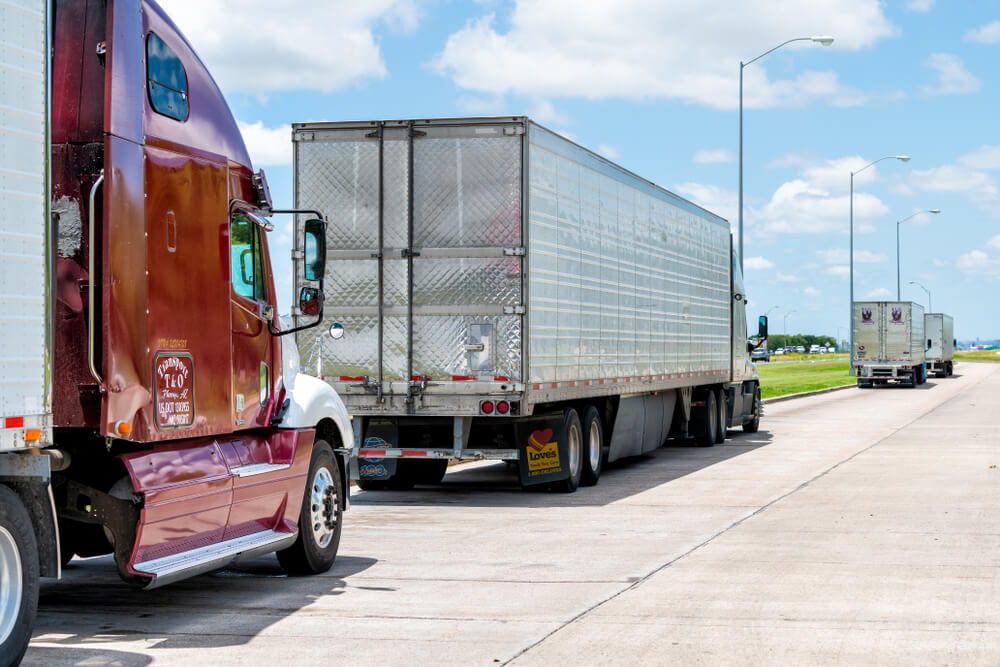
Experts from the technology world recently secured $260 million to move Convoy, a digital freight broker, closer to profitability and a public company. After acquiring the latest round of funding, the start-up exceeded a valuation of $3.8 billion even as on-demand trucking rates backslid.
“One of the great things about our model is we’re able to thrive in all areas of all points in the cycle,” Convoy President and CEO Mark Okerstrom reportedly said. “We have assembled a team of really world-class engineers from places like Amazon, Google, Facebook, Expedia, etcetera, which are working on solving freight customers’ hardest problems. That is our primary investment area.”
Okerstrom indicated the recent freight slowdown doesn’t necessarily impact Convoy’s ability to turn a profit. Revenue topped $750 million in 2021 and appears on pace to surpass $1 billion in 2022. The COO also noted that Convoy generates a profit on each shipment. However, the organization’s fixed infrastructure and staffing expenses are not yet in the black.
Convoy ventured into a disjoined element of the freight transportation market in 2015. The outfit competes against other upstart companies such as Uber Freight and Riva Transfix, both are making significant strides and garnering increased digital freight market share. But optimism surrounding long-term success appears high. Convoy is run by CEO Dan Lewis, whose resume includes a stint with Amazon after working at Microsoft. That may be why JPMorgan extended a $150 million line of credit to Convoy.
But the hard industry data has Lewis working diligently to buoy profits. Truck rates were reportedly only 1 percent higher in mid-April when compared to the same period in 2021. By contrast, on-demand trucking rates were 80 percent higher year-over-year in February. The Convoy CEO has reportedly been following the industry thinking in this economic environment, as fleets pivot to the stability of long-term contracts.
“Convoy is doing a lot of contracts right now as well. We have a really large trailer pool, and we have a whole system now in our app that lets our carriers find dedicated work on consistent, dedicated lanes,” Lewis reportedly said. “We don’t feel the competition. We’re super focused on solving customer problems and, and less focused on the competition.”
With technology and trucking apps more readily available, relatively small private companies handle upwards of 60 percent of the American freight brokerage market. Startups such as Convoy are trying to secure a piece of the pie by connecting clients and truckers in creative ways. The Convoy leader also says the industry will change significantly in the coming years.
“I think that over the next decade, the industry is going to consolidate, and it will consolidate around companies that are digitally led and data-led, that are able to use data to make optimizations in the system to reduce waste,” Lewis reportedly said.
Lewis plans to leverage the latest round of funding to include a Convoy Go sideline. The Convoy wing would offer customers trailers they could load before CDL professionals arrive and haul them away. The side-hustle may sound gimmicky, but the business model made Portable On Demand Storage (PODS) a recognizable brand in the moving sector.











Leave a Comment